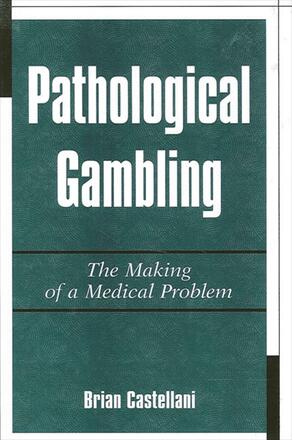
Pathological Gambling
The Making of a Medical Problem
Alternative formats available from:
This first book on the history of gambling examines how it became a major social problem in the United States, and how it was made into a medical disorder.
Description
Although pathological gambling has been a field of study and treatment for over forty years, its story has remained unwritten. That is until now. Brian Castellani is the first to write a book on its history and its medicalization.
Although pathological gambling has been a field of study and treatment for over forty years, its story has remained unwritten. That is until now. Brian Castellani is the first to write a book on its history and its medicalization.
Brian Castellani is an Assistant Professor in the Department of Behavioral Sciences at Northeastern Ohio Universities College of Medicine.
Reviews
"Brian Castellani tells a fascinating story. He has a knack of weaving an interesting court case into the wider framework of the field of problem gambling. He intertwines the medical and legal issues together quite well. In the process he calls for a bio-psycho-social discursive framework as a corrective to the classical medical model. Advocates and opponents of the medical model would do well to heed his call. This book is a timely addition to the ongoing controversy that is pathological gambling."— Henry R. Lesieur, Ph.D., Institute for Problem Gambling and author of The Chase: The Compulsive Gambler